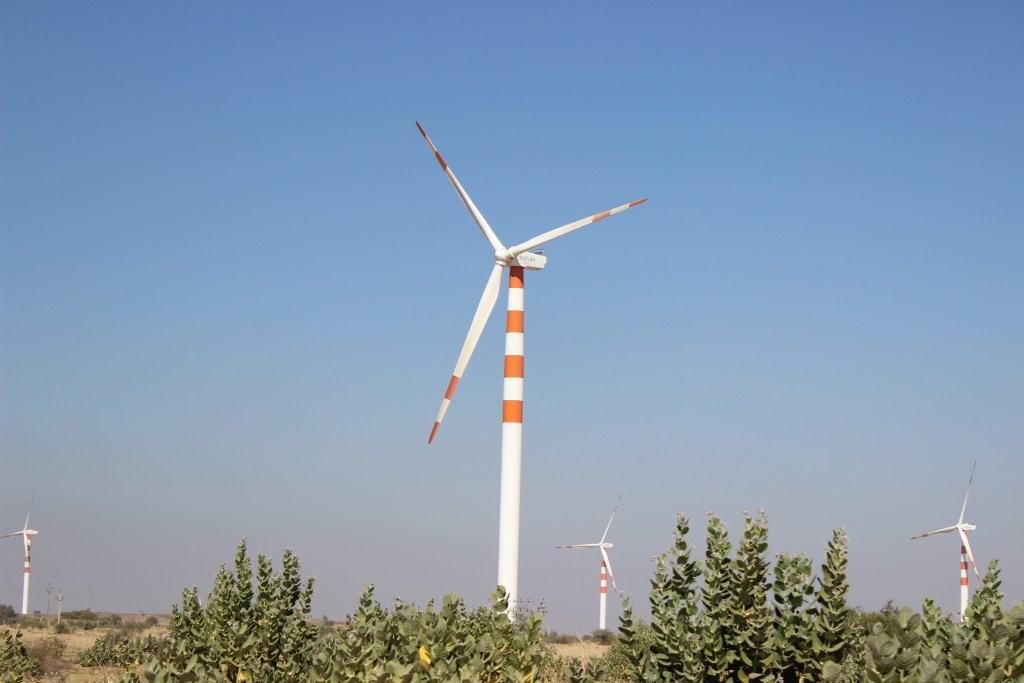Reading Duration: 2 minutes
The Gujarat Electricity Regulatory Authority recently conducted a hearing concerning a petition submitted by Vaayu (India) Power Company Pvt. Ltd. The request aimed to modify the tariff established by the Authority in its Order No. 1 of 2010. This tariff was designated for the acquisition of electricity by distribution licensees from wind energy generators. The petitioner contended that modifications were essential as they did not benefit from accelerated depreciation, as stipulated in the initial tariff order.
The petitioner’s legal representative emphasized that the issue involves recalibrating the tariff to accurately reflect the absence of accelerated depreciation benefits. Although the Authority had previously affirmed the acceptability of this petition, the matter currently awaits deliberation in the Supreme Court. Meanwhile, the Supreme Court has permitted the proceedings for tariff re-evaluation to proceed under the Authority’s oversight, pending its final endorsement for any authoritative order.
The petitioner asserted that they had already submitted all necessary documentation, including Chartered Accountant certifications, tax filings, and various financial records, to substantiate their claims. They also responded to concerns regarding related party transactions, asserting that these were conducted at arm’s length and were backed by requisite documentation. However, they dismissed requests for additional unrelated documents by Gujarat Urja Vikas Nigam Limited (GUVNL), which questioned the prudence and significance of these transactions in tariff determination.
GUVNL, the respondent, opposed the alteration of the fixed tariff stipulated in the Power Purchase Agreement (PPA). They referenced a similar Supreme Court ruling related to solar energy projects, claiming that the petitioner failed to provide sufficient justification to deviate from the fixed tariff. They also requested further documentation to validate assertions about loans and related party dealings, stressing the importance of transparency and project-specific evidence.
Both parties requested an extension to submit written arguments and respond to each other’s claims. The Authority set a four-week timeframe for these submissions, instructing that copies be distributed to the opposing party. The date for the subsequent hearing will be communicated separately.
The case remains unresolved, with the final decision dependent on additional submissions and the Supreme Court’s judgement.

